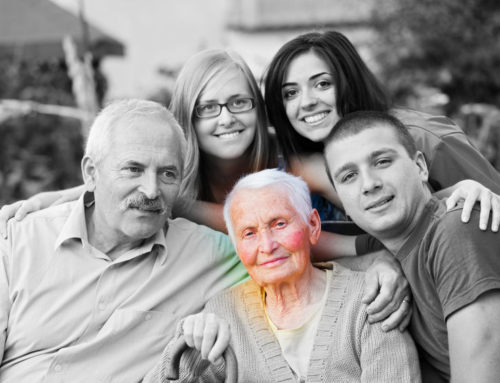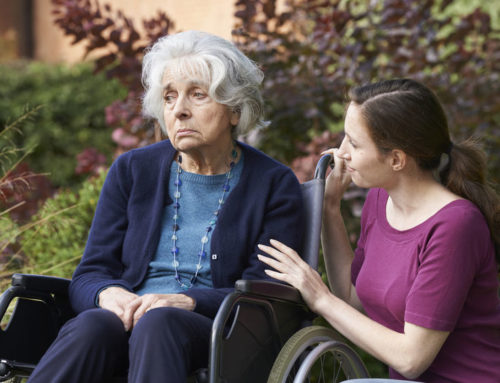If someone in your family is willing and able to provide the day to day care of your loved one once the Alzheimer’s progresses to a level that makes assistance with ADLs necessary, it is very important to ensure the caregiver is cared for as well. Often family caregivers are providing the care because there simply is not a financial option for assisted living or nursing home facilities.
It’s important to remember that the vast majority of elder abuse happens at the hands of family caregivers that are unwillingly tossed into the role of caregiver out of necessity, or who volunteer for the role and get in over their heads. Even the most loving and caring individuals can become resentful of the parent they care for if proper respite care is not available.
Respite care may be covered under long-term care insurance, and if it is not, you may find resources within the local community that can offer help.
Most typically, respite care comes from home health aids, or companies that offer skilled or unskilled aids that come into the home to provide care for up to 12 hours per day. These home health aids may keep watch during the night hours while the caregiver sleeps, or during the day while the caregiver works.
Adult daycare facilities are a great option for many families, providing a safe and social environment for Alzheimer’s patients that cannot safely be left at home while family members work or attend school.
Informal respite care can often be found in the local community. Senior centers, churches and Alzheimer’s support groups are excellent resources to find occasional respite help when formal services are unavailable or too costly for the family to employ.





